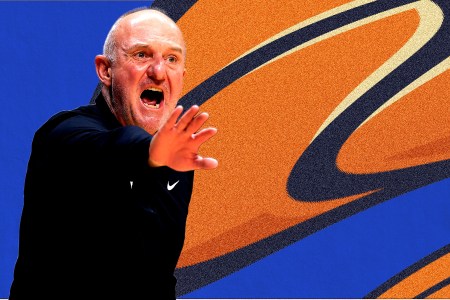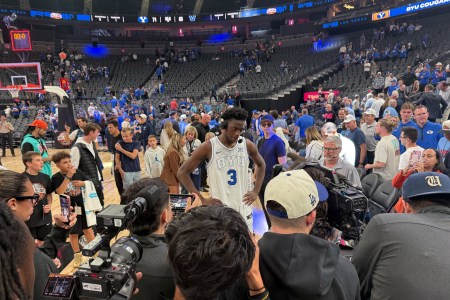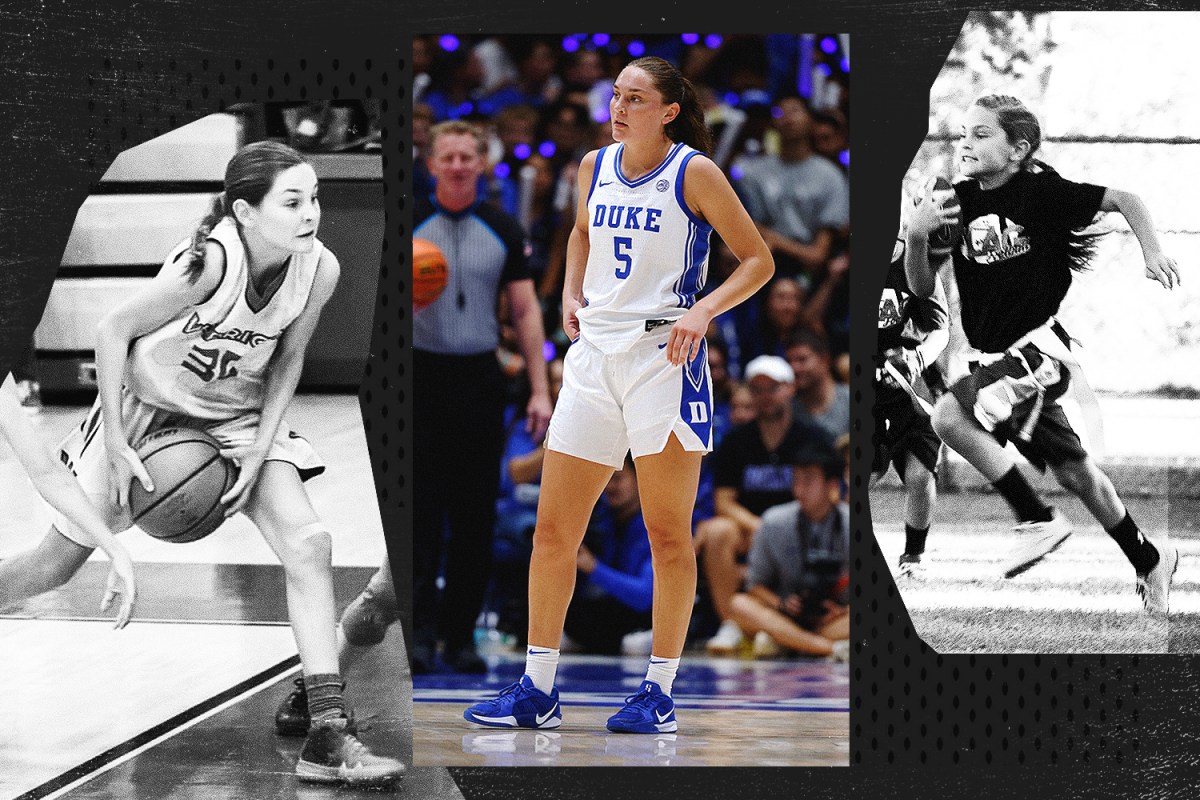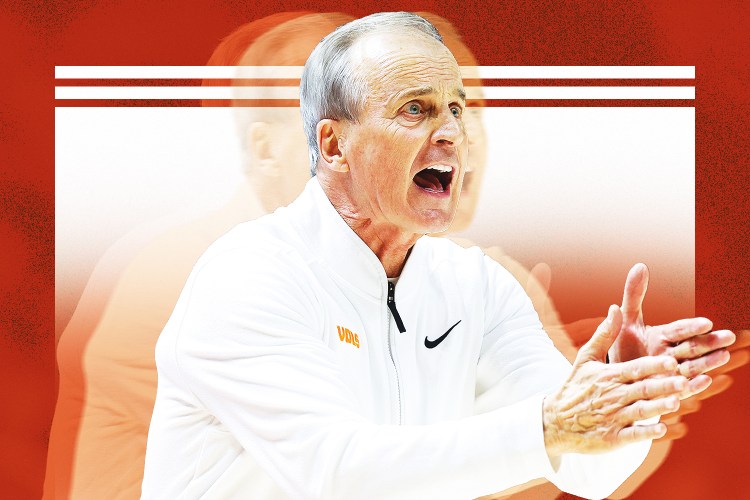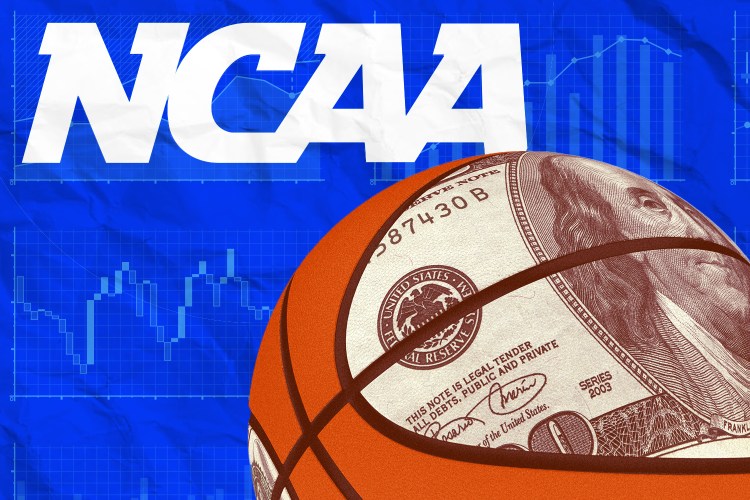The howls of protest coming from the Maryland fan base have been loud and sustained the last few days. They also ring familiar. The last time this community made this much noise was at the start of the 2021-22 season, when the team got off to a 5-3 start that included home losses to George Mason and Virginia Tech.
Coach Mark Turgeon heard that sound as he walked off the court following the loss to the Hokies on Dec. 1. It was far from the first time. Despite taking Maryland to five NCAA Tournaments in seven years, including the 2016 Sweet Sixteen, Turgeon had lost the support of the fans over the previous two seasons. The boos in the arena and the vitriol directed online at him and his family had finally become too much. The next day, Turgeon met with Maryland’s athletic director Damon Evans and said he was resigning, effective immediately.
So it seems rather incongruous for Maryland fans to complain that Turgeon’s eventual successor, Kevin Willard, left for Villanova. Oh, the fans will say, we’re not mad that he left, we’re mad because of how he left. I call B.S. The fans believe Willard was dishonest and disloyal, but as is often the case with fans, they see loyalty is a one-way street. By their logic, if a coach doesn’t win enough, he should be fired. But if he wins enough to take a better job, he’s disloyal.
Clearly, Willard did a lot of things wrong on his way out the door, but let’s at least recognize that he was in an impossible situation. Even if had handled it as well as it could have been handled, the fans would still be howling.
Let’s break it all down. First of all, it’s apparent that Willard’s relationships with his bosses at Maryland were more toxic than previously known. He obviously believed that moving forward he was not going to have the proper resources to match his Big Ten competitors. He also believed that wouldn’t be the case at Villanova, which has been struggling the last three years under Kyle Neptune. As Villanova struggled this season, it was obvious that Neptune was likely to be fired. That gave Willard plenty to think about as he coached his team and did the math.
Villanova made the widely anticipated move on March 15, the same day the Terps were eliminated from the Big Ten Tournament. What happened next is not entirely clear but easy to guess: Villanova reached out to Willard’s agent, Jimmy Sexton. It’s extremely likely that Sexton and Willard had already spoken about this possibility, in which case Sexton could report his client was interested. If they hadn’t talked about it, then Sexton checked in with Willard, confirmed he was interested and communicated that to Villanova.
Did Willard have direct contact with Villanova? Did he speak with someone at the school informally or have an official interview over Zoom? If he did, it would not be unusual. It’s very common for coaches to speak with prospective employers before their season is over. I know for a fact about at least one coach whose team was still playing and had a Zoom call with Villanova before the tournament began. These conversations happen with much greater frequency than the public realizes, largely because the principals involved are smart enough to keep them quiet.
Willard does a lot of things well, but keeping quiet is not one of them. This may sound self-defeating coming from a member of the media, but the obvious playbook for a coach who is asked about other jobs is to not answer the question. Because if you give the media any length of thread, they’re going to keep tugging until you’re completely unspooled.
When Willard was first asked about his job status the day before the Terps’ first-round game, the Villanova rumors had yet to pick up steam. Instead of swatting the topic aside, Willard admitted that he had addressed the matter with his players and went into details about his frustrations over how Maryland operates. The next day, Evans left Maryland to become the new AD at SMU.
The idea that Willard’s interactions with Villanova were a “distraction” is silly. First of all, these things don’t take much time. Second, if Willard was so distracted, how was he able to get the Terps to the Sweet Sixteen?
When the NCAA Tournament entered its second week and Villanova still hadn’t hired a coach even though the transfer portal had been open for several days, it became obvious that Willard was the prime target. So Willard had to keep answering this question as he prepared Maryland to play its next game. He alternated between weird deflections and obnoxious non-answers. He had lost control of the narrative and didn’t bother doing the easy things that might have dialed down the temperature.
After Maryland lost to Florida on Thursday night, Willard said he didn’t know what he was going to do, that he hadn’t even spoken to his agent or family about it. This was not believable. No one was surprised when Villanova made Willard’s hiring official on Monday morning.
In the days since, there has been much chatter that Willard was not honest in his internal conversations with Maryland. If that’s true, it’s indefensible. But let’s not get anything twisted here. Willard had two choices. Either he could remain in a situation that he believed would not turn out well for him, or he could de facto commit to a new job before his season was over. He bumbled and obfuscated his way through the process, but however Willard executed this transaction, Maryland’s fans and supporters were going to be pissed off.
One of those pissed off supporters is ESPN broadcaster Scott Van Pelt, a Maryland alum who vented about Willard during his podcast on Tuesday. Van Pelt gave some insightful chapter and verse on all the ways in which he believed Willard was duplicitous, but he also dropped this notable reference to Willard’s departure from Seton Hall in 2023:
“And it was the exact same script as when we got him from Seton Hall. Almost the same lines. Some folks tweeted out the side-by-side of what he said after they lost in the first round to TCU at Seton Hall, and what he said after they lost to Florida. Almost verbatim.”
Funny how I don’t remember Maryland fans howling about the way Willard left Seton Hall.
Van Pelt’s partner Steve Coughlin summed up the situation neatly when he added that “there was no way (Willard) was going to win this situation. It was a winless situation and he made an absolute mess of it.” I have yet to hear a single Maryland fan make that concession.
The notion that fans see loyalty as a one-way street is nothing new, but it is manifesting itself in all sorts of ways these days, particularly as it relates to the transfer portal. I understand why fans would prefer that all their best players return year after year so the team can keep winning. But the rampant transferring is happening because players are finally getting the chance to maximize their earnings. Why would any person, any fan, begrudge them? All of us work hard to earn opportunities for advancement. Yet, college basketball players are supposed to turn that down out of loyalty?
I also hear coaches complaining about players’ unwillingness to fight through adversity and fulfill their commitments. Yet, those same coaches are the ones who aggressively use the portal to upgrade their roster instead of developing the players they recruited. I don’t see a lot of loyalty there, either.
Look, fans are fans. They’re irrational, exuberant, passionate, and they make sports fun. The word is literally short for fanatics. But there are many times when fans go too far, and this Willard saga exemplifies that. If Willard didn’t win enough, those same fans would have run him out of town just as they did to Turgeon. Instead, he won so much that he was able to get what he believes is a better job. The fans aren’t mad at the way he left, they’re mad because he left. This is a bottom line business, and that is the bottom line.


